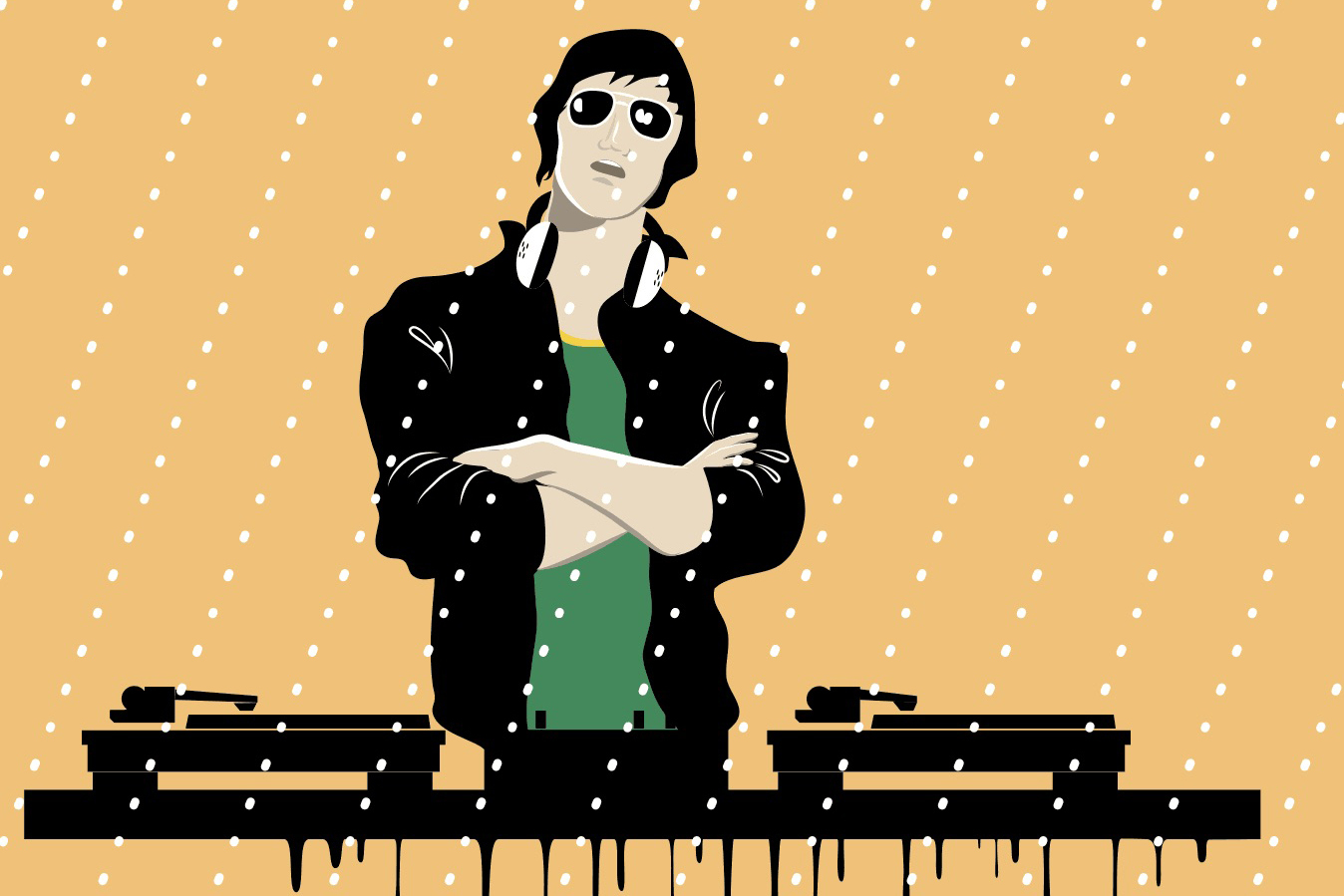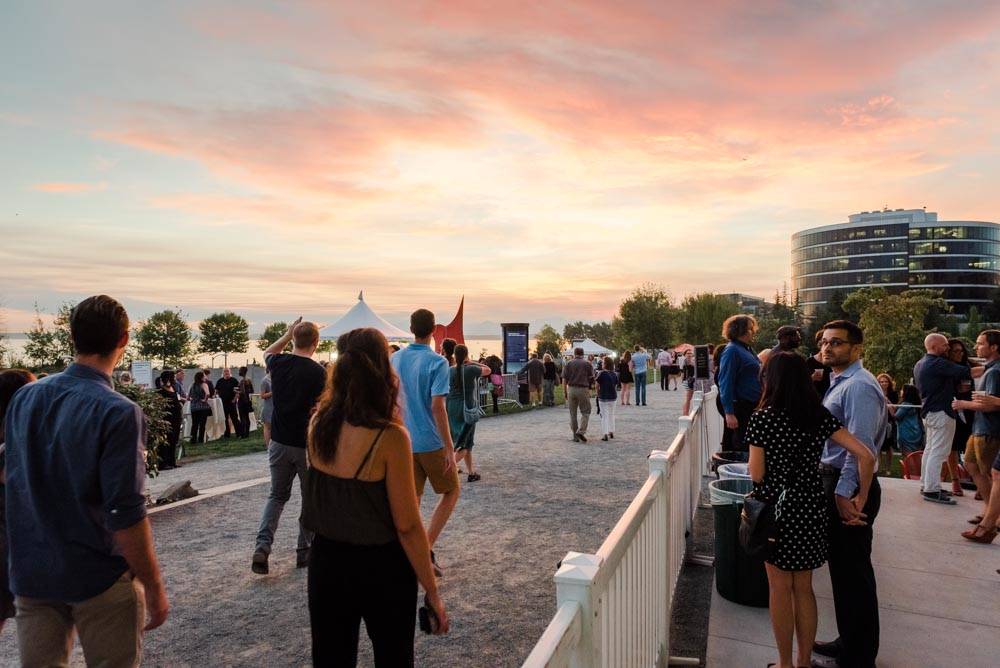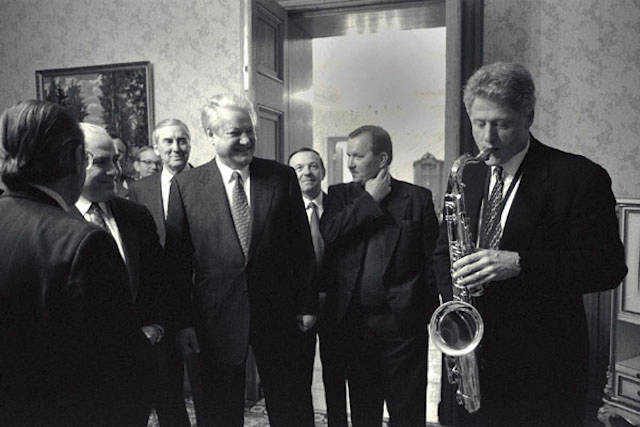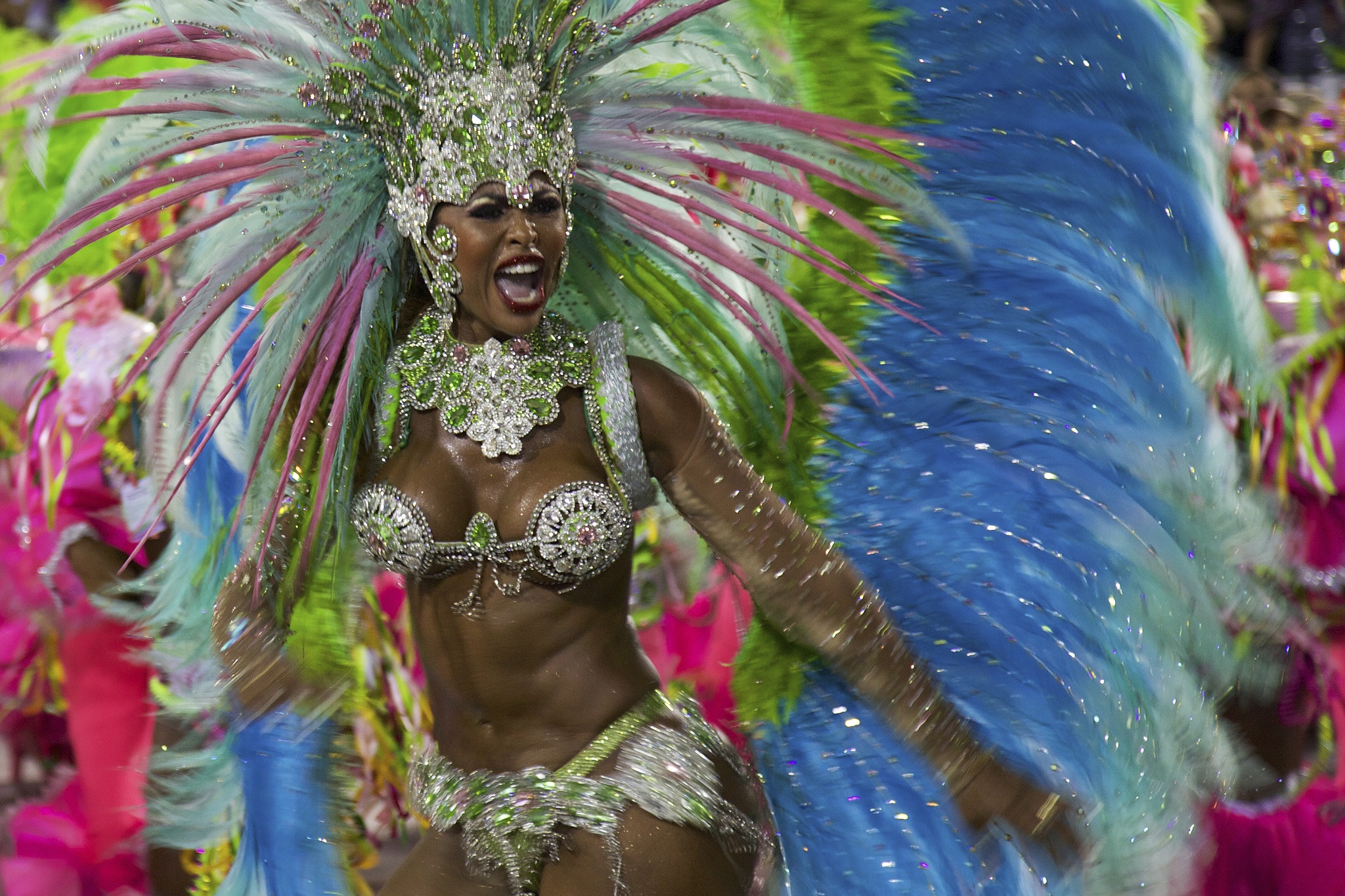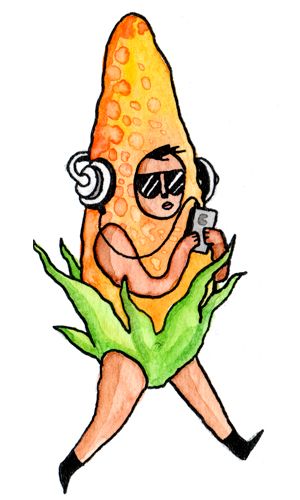 Compared to when she moved here in 2013, going out to hear electronic music now is radically different for Cecilia Corsano-Leopizzi. “It was really sparse—I had to wait weeks and weeks between events,” she says. “Often now I feel spoiled for choice, which is something like I felt in London or Bristol.”
Compared to when she moved here in 2013, going out to hear electronic music now is radically different for Cecilia Corsano-Leopizzi. “It was really sparse—I had to wait weeks and weeks between events,” she says. “Often now I feel spoiled for choice, which is something like I felt in London or Bristol.”
During our conversation, the 26-year-old freelance talent agent (and former Seattle Weekly employee) casually discusses moving to Berlin, Lisbon, or the UK. That the Emerald City could compete with European heavyweights as a viable home for someone making a life in underground electronic music is a testament to Decibel, the fall festival now on hiatus after a 12-year run.
Founded in 2003, when electronic music was well out of vogue after its ’90s post-rave flirtation with the mainstream, Decibel grew from 2,500 to 25,000 attendees without losing its curatorial vision even as the commercial festival scene became a moneymaking behemoth in the 2010s, packing stadiums and fairgrounds. Decibel remained an independent outpost focused on the city’s nightclubs and music venues.
“Decibel was one of the most substantial festivals in North America,” writes Jemayel Khawaja via e-mail. He covered last year’s edition for Vice’s electronic-music channel Thump, where he is editor-at-large. In its year-end review, Thump called Decibel one of “10 festivals that changed the game in 2015.” “It was an electronic-music festival that thrived entirely outside the discourse of EDM,” Khawaja comments. “As the proliferation of cookie-cutter corporate festivals peaked, Decibel was a shining example that bigger is rarely ever better.”
Simply put, Decibel was one of Seattle’s world-class institutions. Its reach was global, codified in a relationship with worldwide peers via International Cities of Advanced Sound (ICAS), a network of like-minded festivals and cultural centers spread across North America, South America, and Europe that share information and ideas to help one another navigate the turbulent waters of independent music. As one of the oldest of its ilk, Decibel was a founding member of ICAS, and its longevity built a fan base in Europe, Australia, New Zealand, and all over the U.S. and Canada, according to Corsano-Leopizzi, who was Decibel’s marketing director. She’s still getting messages on social media asking her when this year’s lineup will be announced.
“The vibe felt international but local at the same time,” she explains; Decibel’s ambitious appetite paired underground stalwarts and stars on the rise on bills with artists from the blossoming Seattle scene. The chance to hear, and play alongside, artists who don’t regularly stop here was unique.
“Decibel definitely helped boost secondnature’s visibility!” writes Nick Carroll, a member of the Tacoma-rooted techno collective that threw two events at last year’s edition. “The festival also helped teach us that you can take risks and bring great music to Seattle.” That lesson may be Decibel’s strongest legacy, as local efforts continue apace, leading Carroll to treat the fest’s bad news nonchalantly. “I don’t think the scene will necessarily suffer without dB,” he opines. Carroll and Corsano-Leopizzi promote the night Research, which frequently books experimental DJs—many making Seattle or Pacific Northwest debuts—at Kremwerk.
Chloe Harris is more circumspect. A veteran of the electronic-music scene, the Seattle native records as Raica, and the Further Records imprint she runs with her husband might just be the pinnacle of Seattle’s flourishing scene, having won a coveted label-of-the-year nod in 2015 from UK distributor Juno. “I think new opportunities may be available to people,” she writes, citing a strong DIY impulse locally, but cautions, “We could see another shift towards a stale musical environment of people we’ve already heard or perhaps less chances taken on different artists.”
TUFFEST, the female-focused all-digital affair at Judkins Park in July, is a prime example of Harris’ first point. The event showed how a post-Decibel grassroots initiative can keep innovating around electronic music in a way that’s true to the Seattle vibe. “The spirit of punk still lives in Seattle,” says Corsano-Leopizzi, one of the non-commercial daylong fest’s founders. “Bigger cities are very glossy, but here it’s all about the fucking music.”
But others are still lamenting, like Alex Ruder, producer of KEXP’s guest DJ mix show Midnight in a Perfect World. “Individual scenes may not necessarily suffer without Decibel,” he writes, “but I think the overall electronic-music scene won’t feel as interconnected without the existence of a festival like Decibel that brought so many different people together for a shared experience.”
One person hoping to salvage that sense of community is Re-bar owner and veteran DJ Michael Manahan, who in Decibel’s wake announced Chance of Rain, a new urban electronic-music and arts festival, slated to run September 29–October 2. When I meet him at his club on a recent hot weekday, he and his team are sweating—literally and figuratively—as they scramble to secure headliners for venues familiar to Decibel devotees, including Q, The Crocodile, and Monkey Loft.
“Decibel put Seattle on the map for internationally known and well-curated electronic music,” Manahan acknowledges. As Decibel’s lead producer for three years, he hopes to live up to its legacy. “Our musical taste is going to be dedicated to the underground,” he assures me, disavowing any whiff of EDM—“absolutely not.” Calling his new event “techno-centric,” he describes the vibe as “raw and creative”—distinct from the more hippie-spiritual scene at Cascadia, the summertime outdoor festival he produces, which tilts towards psychedelic West Coast bass and dreamy, melodic house and techno.
Manahan also professes to pay extra attention to social inclusivity. “We don’t want to perpetuate racial and gender disparities,” he says, which could mollify some Decibel critics like Renee Jarreau Greene, who throws her Soul-Fi party at Re-bar. Although her queer/trans POC crew Darqness was overlooked by the festival, she shrugs it off as “reflective of the communities Decibel organizers are a part of and have connection to, but not something I’ve sweated about personally.”
As the infant festival concentrates on establishing its footing, Manahan anticipates only one-third the amount of programming typical of Decibel. In the future, he envisions doubling down on visual art, with pieces installed inside music venues and concurrent shows running in art galleries. But for now, he says, “The focus is on a smaller event around our style and branding.”
Above all, he wants to create something definitively Seattle. “[The name] points to our city in a fun way,” he says before I leave him to burrow back into his laptop as he returns to the thankless, and likely very un-fun, task of launching a festival from scratch. Even on this sunny day, the forecast remains cloudy.
music@seattleweekly.com
